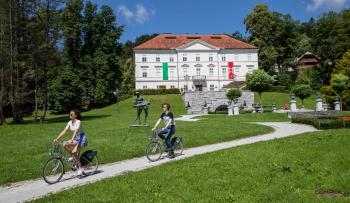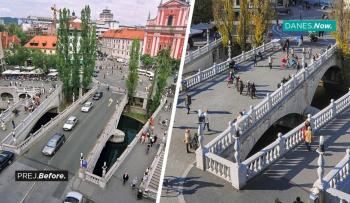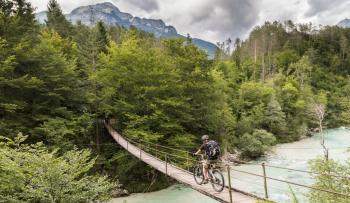
Velo-city 2022: Balkan cities on developing a cycling mentality in the region
Mayors of five Balkan countries will convene in the Slovenian capital to share their experience on how to promote cycling and boost behavioural change in their cities.
Plenary session 3 “Political Courage for Breakthrough decisions” will bring together Mayors of the cities of Banja Luka, Dubrovnik, Ljubljana, Novi Sad, and Sarajevo. All of which are members of CIVINET Slo, Cro and SE Europe, the largest network in Europe on sustainable mobility made up of over 200-member cities and NGOs. Being a very car-oriented region, these cities have encountered numerous challenges when trying to enact behavioural change and improve quality of life by promoting sustainable and active mobility practices, such as cycling.
Bosnia and Herzegovina

Benjamina Karić, mayor of the City of Sarajevo, will present the mobility improvements made in the capital of Bosnia and Herzegovina. In 2020, the Sarajevo City Council adopted the Plan for Sustainable Urban Mobility (SUMP) of the Sarajevo Canton and the City of Sarajevo. It aims to promote cycling and walking as an active form of mobility, urban public transport, city logistics and sustainable urban spatial planning.

The bike sharing system, Nextbike, was introduced to the city in 2016 and has proven to be very successful. To support the continued popularity of cycling, the city has been building new cycle paths to make cycling easier and more accessible to everyone. Alongside these municipal actions, the association of cycling citizens, Giro di Sarajevo, has also been promoting cycling in the city since 2009. Every year, they organize a 16-km tour of the city, also called Giro di Sarajevo, to raise awareness of the importance and benefits of cycling and to fight for improved and extended cycling infrastructure in Sarajevo.
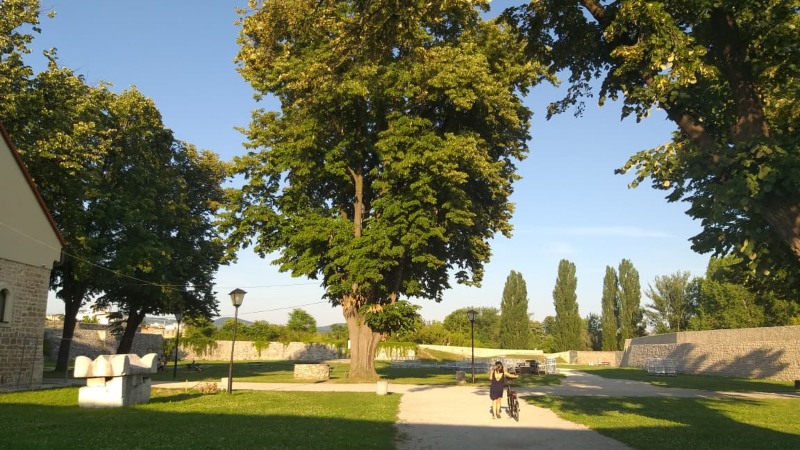
Draško Stanivuković, mayor of Banja Luka, will speak about the transformation of Bosnia and Herzegovina’s second city. In 2016 they launched the bike-sharing system BL Bike to gradually decrease the use of cars in the city centre. They have also installed an increasing number of bicycle racks throughout the city. A strong commitment to sustainability and safe urban mobility has resulted in significant investment in infrastructure for pedestrian, cyclists and public transport to accommodate the city and its evolving needs.
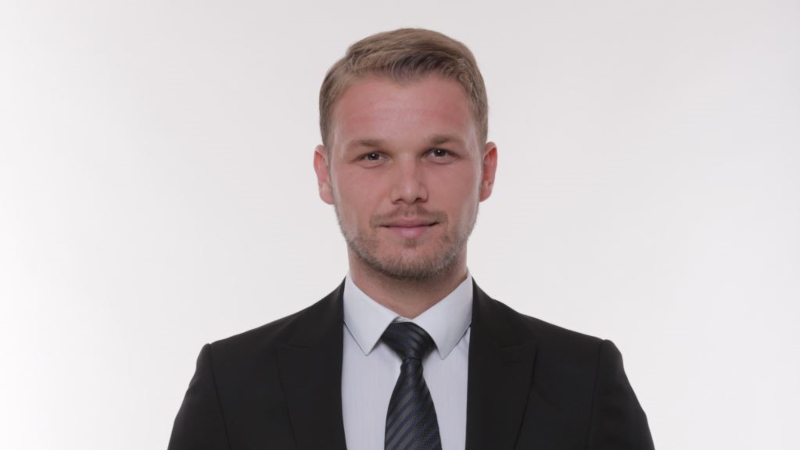
In 2017, Banka Luka Critical Mass (BKM) was organized for the first time. The popular celebratory bike ride aims to improve traffic safety, popularize bicycles as a means of transport, and advocate for the improvement of cycling infrastructure and legislation. As in many other cities, it takes place every last Friday of the month and brings together an ever-increasing number of bicycle lovers. In a short time, BKM has become an important feature of the cycling advocacy scene in the city.
Croatia
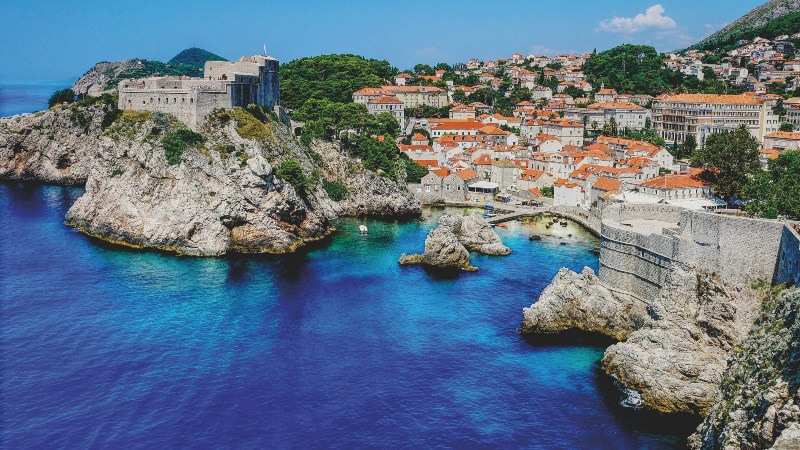
Mato Franković, mayor of Dubrovnik, whose old city centre is part of UNESCO list of World Heritage Sites, will also join the panel to discuss the recent developments from the Croatian city. Where they have been combining old and modern infrastructure and where the development of pedestrian and bike paths has improved in leaps and bounds over recent years.

Projects such Adria.MOVE IT! have been designing and implementing plans in the area to improve mobility and promote healthy lifestyles and sustainable development by boosting the use of bikes and public transport. Thanks to the co-financing provided by the IPA Adriatic CBC program, the City of Dubrovnik now has its first 3.5 km long recreational pedestrian-bike path, connecting the residential-tourist area in the northwest section of the city. Although a public bike sharing system is not available yet, a survey conducted by Interreg Adrion shows that 68.7% of population would be in favour of it.
Serbia

Miloš Vučević, mayor of the city of Novi Sad, will speak on behalf of the second largest city in Serbia. Nationally recognized as Serbia’s “cycling city”, it has an impressive history when it comes to cycling. It was the first Serbian city to install bicycle traffic lights and establish free bicycle self-repair stations. Its successful bike-sharing system, NS BIKE, was the first to be introduced in the country and is regularly used by its citizens.

The city has 90-kilometer-long cycle path and more than 700 bike racks, resulting in the city often being referred to as the Serbian Amsterdam. The city has been strongly committed to the promotion of cycling and in early 2020, the Novi Sad Cycling Initiative (NSCI) sent a proposal to the Serbian Ministry of Environmental Protection and the Serbian government asking to subsidise the purchase of bicycles. In March 2021, with almost 40,000 regular cyclists amongst a population of 290,000, Novi Sad was set to become the first city in Serbia to provide financial incentives for the purchase of bicycles.
Slovenia
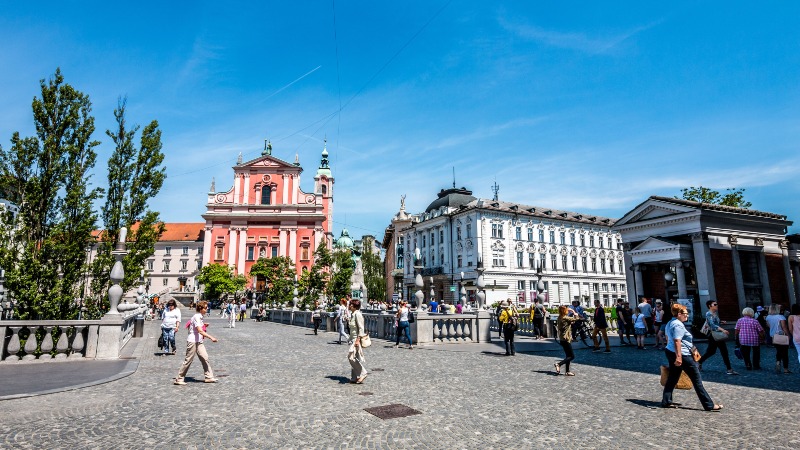
Zoran Janković, mayor of Ljubljana, will represent the host of Velo-city 2022. In 2007, they launched their strategic plan “Vision of Ljubljana 2025” and, since then, the city centre has gradually transformed into a more bike-friendly and sustainable urban environment. In 2015 they turned Slovenska Cesta, one of Ljubljana's busiest streets, into a road exclusively for public transport, pedestrians, and bicycles. Today there are 17 hectares of pedestrianised zones where cycling is also allowed, this makes it very easy to explore the city on two wheels. Its bike-sharing system, BicikeLJ was implemented in 2011 and it has proven to be one of the most successful JCDecaux systems in the world consisting of 83 stations and 830 public bicycles.
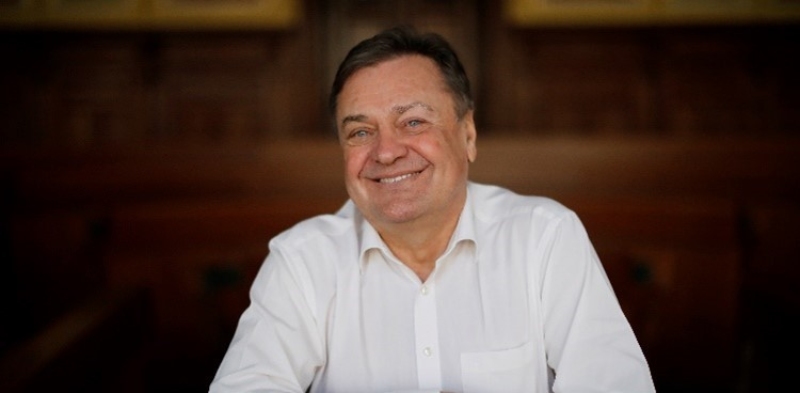
Awarded European best destination 2022 and European Best Green Capital, Ljubljana’s efforts to become more liveable and greener have made it a fantastic tourist destination to discover by bike. Cyclists can also explore using the extensive 300kmcycle lane network and the 4 themed paths: Waterside, Plečnik, Forest and POT (Path of Remembrance and Comradeship).
VELO-CITY
Velo-city is the annual world cycling conference organised by the European Cyclists’ Federation. It aims is to promote cycling as a sustainable and healthy mean of transport for all. Like no other event, the conference offers a knowledge-exchange and policy-transfer platform to a growing number of more than 1,400 Velo-citizens from over 60 countries involved in the policy, promotion and provision for cycling, active mobility and sustainable urban development
This year, the cycling summit will be held in Ljubljana’s exhibition and convention centre on 14-17 June.
Buy your ticket here. Check out the programme. Sign up to the Velo-city newsletter.
Regions:
Network/Project Involved:
Topics:
Contact the author
Recent news!
Upcoming events
Contact Us
Avenue des Arts, 7-8
Postal address: Rue de la Charité, 22
1210 Brussels, Belgium

